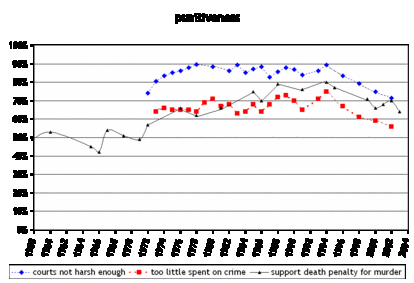 from the des moines register and talkleft.com: a district court in muscatine has upheld iowa governor tom vilsack’s executive order restoring voting rights to all former felons in that state. as i wrote in august, the order raises some interesting legal questions. shelly schaefer and i are presenting a paper framed around some of them in a department workshop november 29:
from the des moines register and talkleft.com: a district court in muscatine has upheld iowa governor tom vilsack’s executive order restoring voting rights to all former felons in that state. as i wrote in august, the order raises some interesting legal questions. shelly schaefer and i are presenting a paper framed around some of them in a department workshop november 29:
Chris Uggen and Shelly Schaefer “Voting and the Civic Reintegration of Former Prisoners”
When Iowa governor Tom Vilsack restored voting rights to all former felons in that state this July Fourth, he noted that “research shows that ex-offenders who vote are less likely to re-offend.” The National Review countered that “the problem with Vilsack’s claim is that there is absolutely no research to support it. Not one longitudinal study exists showing the effects of the restoration of voting rights on crime rates or recidivism.” We undertook such a study this summer, by matching criminal records with voting records. We conceptualize voting as a form of “civic reintegration,” analogous to the work and family ties that are well-established in life course criminology. For our 1990 Minnesota release cohort, we find that approximately 20 percent of the former felons registered to vote. Our event history analysis shows that felons who voted in the previous biennial election have a far lower risk of recidivism than non-voting felons, and that this effect holds net of age, race, gender, and criminal history. The talk will discuss the strengths and limitations of our data and covariate adjustment approach for making causal inferences, the implications of felon enfranchisement for public safety, and the viability of weaving former felons back into the citizenry as stakeholders.



